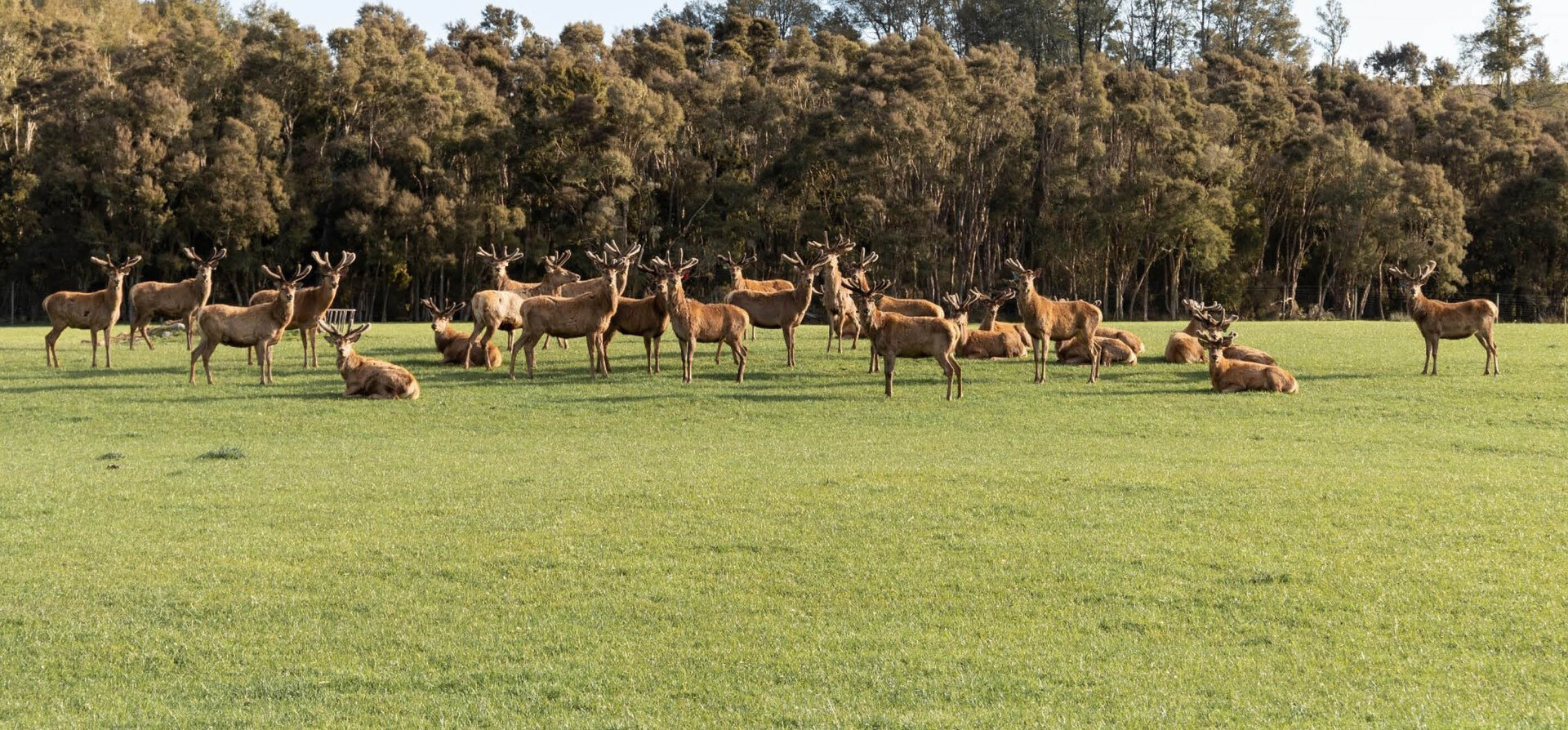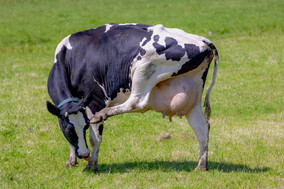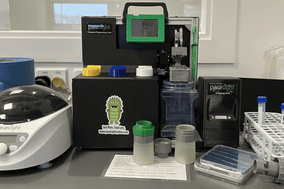OUR APPROACH
From the tail to the tip of the antlers, your Deer health is covered.
Our West Coast Vets team's experience in deer work ensures that our clients continue to receive top-notch advice and on-farm services for their deer.
Velveting
West Coast Vets has numerous veterinarians that can remove velvet from young spikers through to mature stags. We are able to sedate and reverse animals if you do not have facilities that can safely immobilize the stag. Spikers can have NaturOrings applied the day of or the day before they go on the truck to the works, or the velvet can be removed at least a week before slaughter.
Johnes
Johnes disease is a major problem on many deer farms, but can be subclinical on others. It is best to catch the disease early to sort out potential issues before too many detrimental effects occur. West Coast Vets works closely with Johnes Management Ltd and has many tools available to help survey Johnes disease incidence on your farm, and ways to prevent it from becoming worse.
We are always here to help so please contact any one of our clinics & one of our vets will be able to assist where possible.
THE BENEFITS
Why West Coast Vets is a great choice

We're locals
We’ve been located throughout the West Coast area for decades. It’s where we’re from and where we raise our families.

Wide network
We’re plugged into the Veterinary world and our team can call on expertise from all over the world, then deliver it locally.

Handy clinics
We’re close to you for consults, supplements, supplies...whatever you need. Pop on in or organise a delivery.













